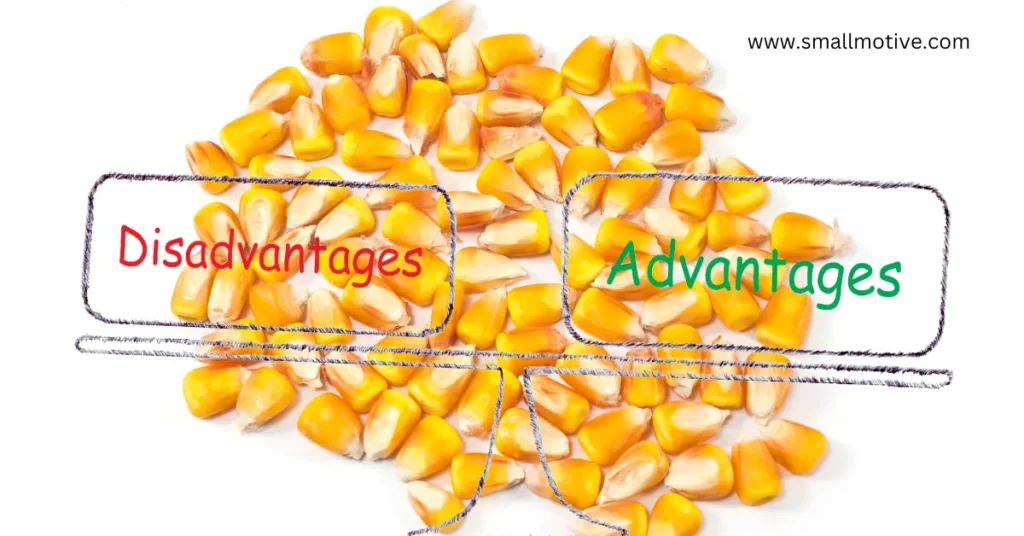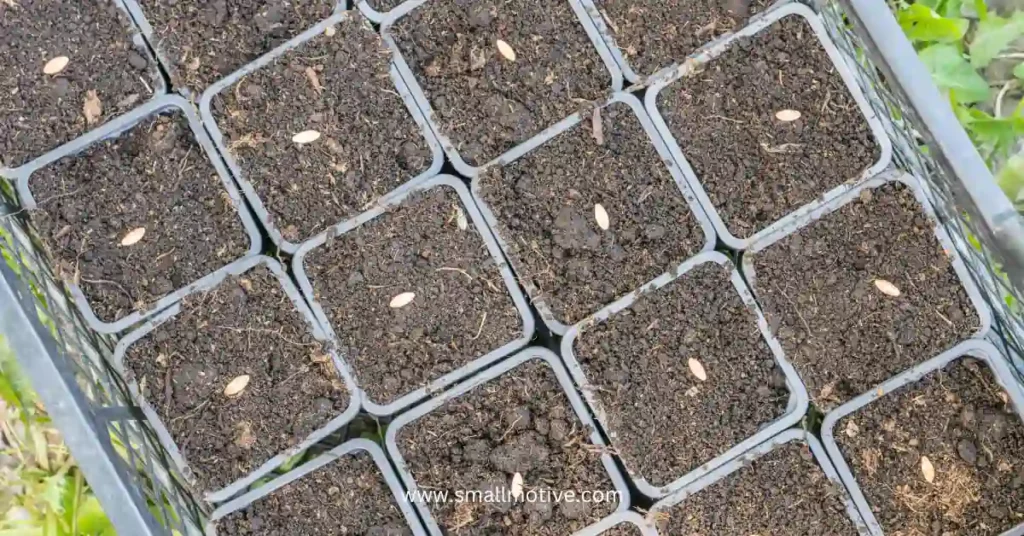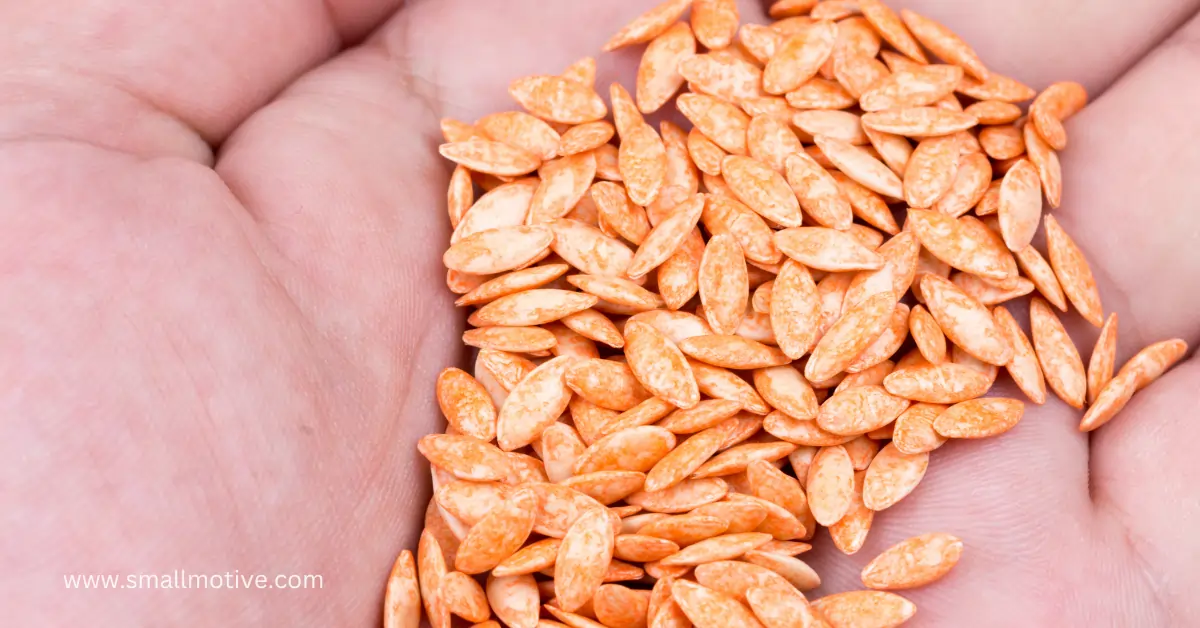Understanding the Impact and Potential of Hybrid Seeds
Hybrid seeds, often referred to as crossbreeds, represent a significant advancement in agricultural technology. They are created by cross-pollinating two parent plants to produce offspring with desirable traits. In this article, we delve into the world of hybrid seeds, exploring their benefits, drawbacks, production methods, and prospects.
Introduction to Hybrid Seeds
Hybrid seeds are the result of controlled breeding techniques aimed at combining desirable traits from different plant varieties. This process harnesses the natural phenomenon of hybrid vigor, wherein the offspring exhibit enhanced qualities compared to their parents. The primary objective of hybrid seed production is to improve crop yield, quality, and resilience to environmental stressors.
1. Advantages of Hybrid Seeds
One of the most notable advantages of hybrid seeds is their ability to deliver higher yields compared to conventional varieties. This is attributed to the phenomenon of hybrid vigor, which manifests as increased plant vigor, growth rate, and overall productivity. Additionally, hybrid seeds often possess built-in resistance to common diseases and pests, reducing the need for chemical pesticides and herbicides. Moreover, hybrid crops typically exhibit uniformity in growth, facilitating more efficient harvesting and processing.
2. Disadvantages of Hybrid Seeds
Despite their numerous benefits, hybrid seeds also have some drawbacks. One significant drawback is their higher cost compared to traditional seeds. The production process of hybrid seeds involves extensive research, breeding, and testing, which drives up their price. Furthermore, hybrid seeds may not reliably produce offspring with identical traits in subsequent generations, leading to uncertainty for farmers.

Types of Hybrid Seeds
Hybrid seeds are categorized into several types based on the breeding methods employed. These include single-cross hybrids, double-cross hybrids, and triple-cross hybrids. Each type has its own set of advantages and applications in agriculture.
Hybrid Seed Production
The production of hybrid seeds involves meticulous planning and execution to ensure the desired traits are passed onto the offspring. Controlled pollination is a crucial aspect of hybrid seed production, as it allows breeders to carefully select the parent plants with the desired traits. Techniques such as emasculation and hand pollination are commonly used to control the mating process and prevent unwanted cross-pollination.
Factors to Consider When Choosing Hybrid Seeds
When selecting hybrid seeds for cultivation, several factors must be considered to ensure optimal performance. These include the region’s climatic conditions, soil type and fertility, pest and disease prevalence, and availability of water resources. Additionally, farmers should consider the specific requirements of their crop, such as maturity period, growth habit, and market demand.
Popular Hybrid Seed Varieties
Hybrid seeds are widely used across various crop categories, including corn, tomatoes, rice, and vegetables. Some popular hybrid varieties include Bt corn hybrids, which are genetically engineered to produce toxins harmful to certain insect pests, and hybrid tomato varieties known for their disease resistance and high fruit yield.

Impact of Hybrid Seeds on Farming Practices
The widespread adoption of hybrid seeds has led to significant changes in farming practices worldwide. By increasing crop productivity and resilience, hybrid seeds have enabled farmers to meet the growing demand for food while minimizing environmental impact. Additionally, the reduced reliance on chemical inputs has contributed to improved soil health and biodiversity conservation.
Challenges in Hybrid Seed Adoption
Despite their potential benefits, the adoption of hybrid seeds faces several challenges. One notable challenge is the initial investment required for purchasing hybrid seeds and adopting associated technologies. Additionally, farmers may lack awareness of the advantages of hybrid seeds or face resistance due to cultural or ethical concerns surrounding genetic modification.
Future Prospects of Hybrid Seeds
Looking ahead, hybrid seeds are expected to play a crucial role in addressing global food security challenges. Continued research and development efforts aim to further enhance the traits of hybrid crops, making them more resilient to climate change and other environmental stressors. Additionally, advancements in biotechnology hold promise for creating novel hybrid varieties with improved nutritional content and agronomic traits.

Conclusion
Hybrid seeds represent a remarkable innovation in agriculture, offering the potential to significantly increase crop yields, enhance resilience to environmental stressors, and reduce reliance on chemical inputs. While they are not without challenges, the benefits of hybrid seeds far outweigh their drawbacks, making them a valuable tool for sustainable agriculture.
FAQs about Hybrid Seeds
1. What are hybrid seeds?
Hybrid seeds are the result of cross-pollinating two different parent plants to produce offspring with desirable traits.
2. Why are hybrid seeds more expensive?
Hybrid seeds undergo extensive research, breeding, and testing processes, which contribute to their higher cost.
3. Do hybrid seeds require special care?
Hybrid seeds may require specific growing conditions and management practices to maximize their potential yield and performance.
4. Can hybrid seeds be saved for future planting?
While hybrid seeds can be saved, their offspring may not reliably exhibit the same traits as the parent plants.
5. Are hybrid seeds genetically modified?
Hybrid seeds are created through traditional breeding methods and are distinct from genetically modified organisms (GMOs).
